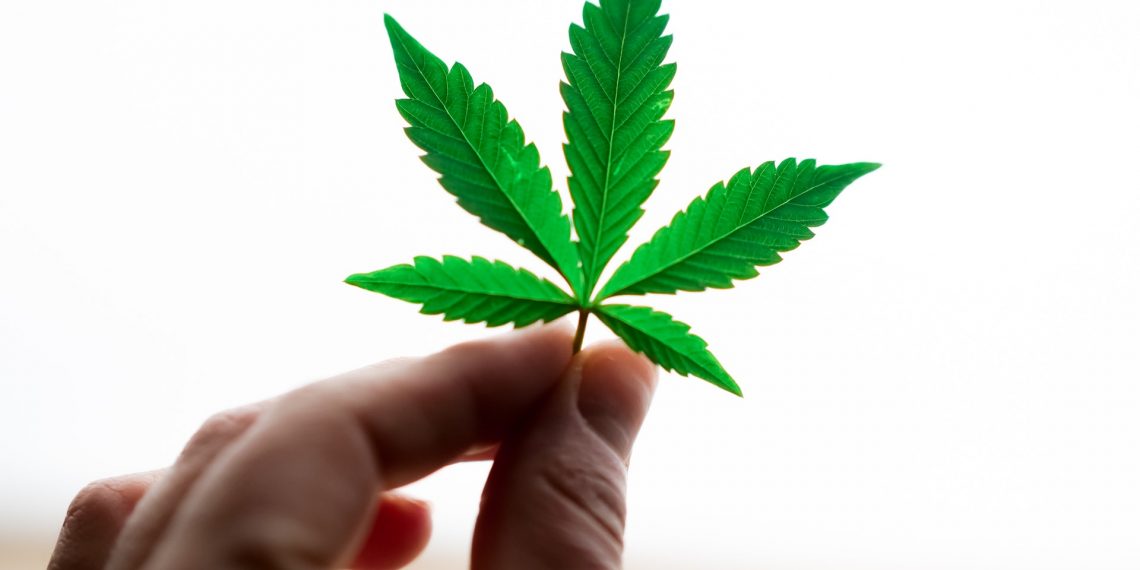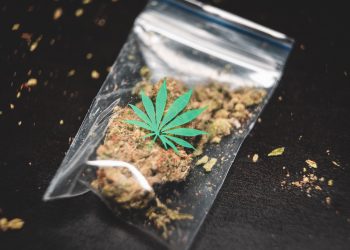Marijuana use is on the rise around the world, for both medical and recreational purposes. Marijuana’s potential health advantages are becoming more widely known, and some people are beginning to use it instead of prescribed drugs.
We need to know if medical cannabis is safe and effective as more states legalise marijuana and more people use it instead of pharmaceutical drugs.
Read on to learn everything we really know (and don’t know) about medical marijuana missouri and cannabis before abandoning your prescriptions and buying from a budtender. You can find your a budtender near you by doing a local search such as “Dispensaries in Missouri.”
What Exactly Is Marijuana, and How Does It Function?
Contents
Marijuana is made from the Cannabis sativa plant, which also includes hemp. Marijuana includes a variety of cannabinoids, the most important of which are:
- THC: affects the brain and generates euphoria.
- CBD does not induce a high, but it does provide a variety of other health benefits.
Hemp contains extremely little THC and is allowed in the United States under the 2018 Farm Bill. Marijuana is still classified as a Schedule I controlled substance by the federal government, however state regulations differ.
Medical cannabis is a term used to describe products made from hemp or marijuana that contain varying amounts of THC and CBD.
Which Marijuana-based Treatments Have Been Approved by the Food and Drug Administration (FDA)?
THC or CBD is now included in three FDA-approved drugs. These are only approved for a few medical conditions: severe seizure disorders, severe chemotherapy-induced vomiting, or considerable weight loss due to HIV/AIDS.
- Epidiolex is a CBD-derived from plants that has been approved for the treatment of severe seizure disorders such as Lennox-Gastaut syndrome and Dravet syndrome.
- Dronabinol (Marinol) is a synthetic THC that is used to treat nausea, vomiting, and weight loss caused by chemotherapy or HIV.
- Nabilone (Cesamet): This synthetic THC is also used for chemotherapy-related nausea, vomiting, and weight loss.
- Another option is nabiximols (Sativex), which is an oral spray that contains both THC and CBD. It’s used to treat muscle spasms and pain from multiple sclerosis. It is not approved for usage in the United States at this time, but it is available in Canada, Mexico, and a few European nations.
What Conditions Could Marijuana Be Used to Treat?
Marijuana products are most typically used to treat chronic pain, anxiety, and depression. People who use marijuana as a substitute for prescription drugs have been observed to use it instead of:
- Hydrocodone, oxycodone, and morphine are narcotic pain relievers.
- Anxiety medications such as lorazepam, clonazepam, and alprazolam are used to treat anxiety.
- Sertraline, trazodone, and bupropion are antidepressants.
Many people are using marijuana to treat a variety of ailments, including:
- Alzheimer’s disease and Parkinson’s disease
- Anorexia nervosa is a type of anorexia.
- Epilepsy
- Multiple sclerosis (MS) is a disease that affects people
- Crohn’s disease is a chronic inflammatory bowel illness that affects
- Glaucoma
Many individuals are trying it out while science catches up on safety and efficacy. And it turns out that some people would rather use cannabis than get a prescription from their doctor.
According to one survey, nearly 40% of those who used cannabis quit taking their prescription medication. Why? There are numerous causes for this:
- They might have more faith in medical marijuana.
- It’s possible that it’ll be more effective than their medication.
- They may be able to cope with the negative effects of cannabis better.
- It’s possible that they believe it’s safer.
- It’s possible that they believe it’s less addicting.
- They may discover that cannabis is more readily available and accessible to them.
- They could be able to afford cannabis more easily.
- They might not have access to conventional medical treatment.
Is Marijuana Capable of Curing Depression?
There is some evidence that marijuana’s CBD component may be beneficial for depression. This could be linked to changes in brain serotonin levels.
The majority of trials have been conducted on animals, and additional study is needed to determine the best beneficial dose, strain, and formulation in people.
However, caution should be exercised because, while marijuana may temporarily improve depressive symptoms, it is also likely that it can worsen depression over time.
Is It True That Marijuana Can Aid With Anxiety?
Marijuana, especially CBD, is frequently used to self-medicate anxiety. CBD may aid with anxiety symptoms in the short term, according to research, especially for public speaking and social anxiety.
Marijuana may, in certain situations, aid in the reduction of dependence on prescription medicines such as benzodiazepines. After initiating medical cannabis, nearly half of patients stopped taking benzodiazepines, according to one study.
Research is, once again, limited. It’s vital to remember that marijuana’s THC component might actually make anxiety worse. There’s also the possibility that while marijuana may help with symptoms in the short term, it may aggravate anxiety or mood over time.
Can Marijuana Aid in the Treatment of an Eating Disorder?
Cannabis has been shown in studies to aid with eating problems including anorexia. Dronabinol was found to aid with weight gain and body dissatisfaction in one research.
While dronabinol is not licenced for the treatment of eating problems, marijuana’s THC might theoretically have the same effect.
Marijuana usage, on the other hand, could exacerbate some eating disorders. Marijuana increases appetite, which may exacerbate binge-eating disorder or cause a binge-purge cycle in bulimia patients.
Can Marijuana Be Used to Treat Insomnia?
Many people suffer from insomnia, and many of them may resort to marijuana to help them sleep. A substantial proportion of persons who used medicinal cannabis for sleep were able to discontinue taking their prescribed sleep drugs, according to one study.
The research on marijuana’s ability to help people sleep isn’t conclusive. Marijuana may aid sleep and reduce the number of times people wake up during the night. It may aid in the reduction of nightmares in patients suffering from PTSD.
However, we are aware that it can reduce rapid eye movement, and there are worries that it may, in the long run, result in lower sleep quality and sleep disruptions.
Is Marijuana Beneficial in the Treatment of Pain?
Marijuana may be effective in the treatment of pain in some cases. Many people utilise cannabis products as a substitute for opioids.
While it may not be effective for acute pain, such as that experienced after surgery, the research suggests that it may be beneficial for chronic pain, particularly nerve pain.
According to one study, half of persons who were addicted to opioids for chronic pain were able to quit using them, and a third were able to reduce their use. Prescription opioid use has also decreased in states where medical cannabis is authorised.











